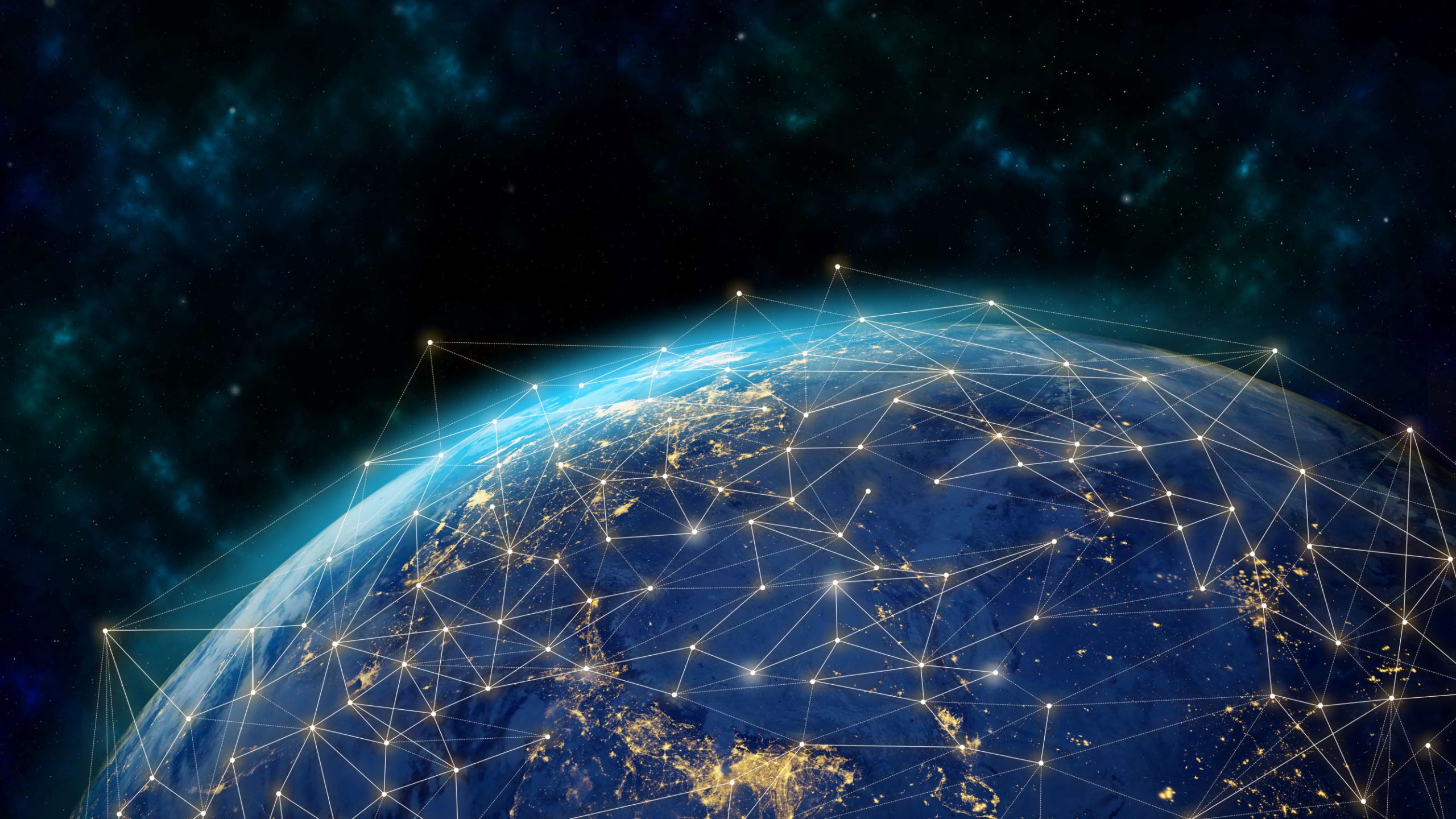Globalization is an inevitable way of exchange involving the flow of ideas, commodities, services, and movement of people. Initially, the concept of a welfare state was prevalent, where it was the responsibility of the state to maintain law and order, look at the economic development, and implement welfare policies. However, due to the roll back policy, the concept of minimal state was established in which the state was only responsible for maintaining law and order. According to this established concept of Globalisation, the economic development of a region has to be taken care by the MNC’s and private entities of the country.

Over time, this created different views among the countries. The critiques of Globalisation considered this as an erosion of state’s capacity because the government function would be limited. The supporters considered this as an enhancement of state’s capacity because it would make the government more effective. Hence, the supporters put forward an argument saying that with globalisation there will be technological development.
Prior to a full fledged globalization there was a burden on the government to work in every sphere. However, with globalisation, economic development had become a matter of concern overall. It was realised that globalisation benefits the people as well as lessens the burden on the government. It has led to greater trade in commodities across the globe which has been made possible by the removal of restrictions across different countries with ensuring the safety of the domestic product wherein the public has benefitted as they have been made accessible to a wide range of products which may be viable for them to buy. Globalisation also involves flow of capital in the form of investment in other countries where they might get better returns leading to economic development and welfare of workers. Furthermore, globalization has led to the flow of ideas across national boundaries, when flow of ideas take place new investments are made which in turn help in generating greater economic growth and overall well being. Additionally, globalization involves the movement of people from one country to another which helps people to get exposure and to use that knowledge when it is important for them or for the region or community.
The critics of globalization point out that it is only a small section of the people who are likely to benefit due to globalization, as people who are dependent on the government for their basic requirements are generally neglected. However, the supporters of globalization have emphasised that on the concept of social safety net to minimize negative effects of globalization. According to this, it is the responsibility of the government as well as the private institutions to carry out welfare activities, especially for health, sanitation, education and environment. Hence, globalization can generate both economic development and wellbeing of the people if both public and private sectors are responsible for the development of a region.
Why has there been a resistance towards globalisation though? It is believed that globalisation leads to the fear among smaller countries that it will diminish their original culture. This condition arises because globalization leads to rise of uniform culture which is called cultural homogenization i.e. culture of politically and economically dominant countries leaves its impact on less powerful countries. With relation to the USA, this impact can be also termed as McDonaldization because of the impact of the culture of United States on different countries of the world.
The supporters of globalization argue that the consequences aren’t always negative because all external influences enlarger choices and sometimes they act as modifiers of culture without disturbing the traditional culture. Due to the cultural impact, each culture becomes more distinct, to maintain their traditional culture while accepting a few cultural practices. Hence, globalization is a very visible phenomenon and regardless of its disadvantages, it is a great fuel for effective economic trading.
Libertatem.in is now on Telegram. Follow us for regular legal updates and judgments from the court. Follow us on Google News, Instagram, LinkedIn, Facebook & Twitter. You can also subscribe to our Weekly Email Updates. You can also contribute stories like this and help us spread awareness for a better society. Submit Your Post Now.

